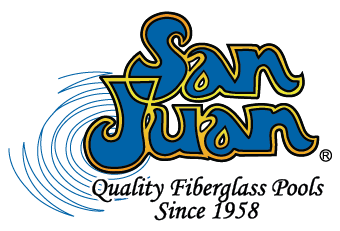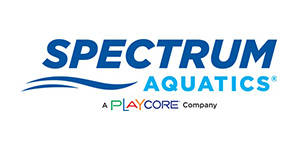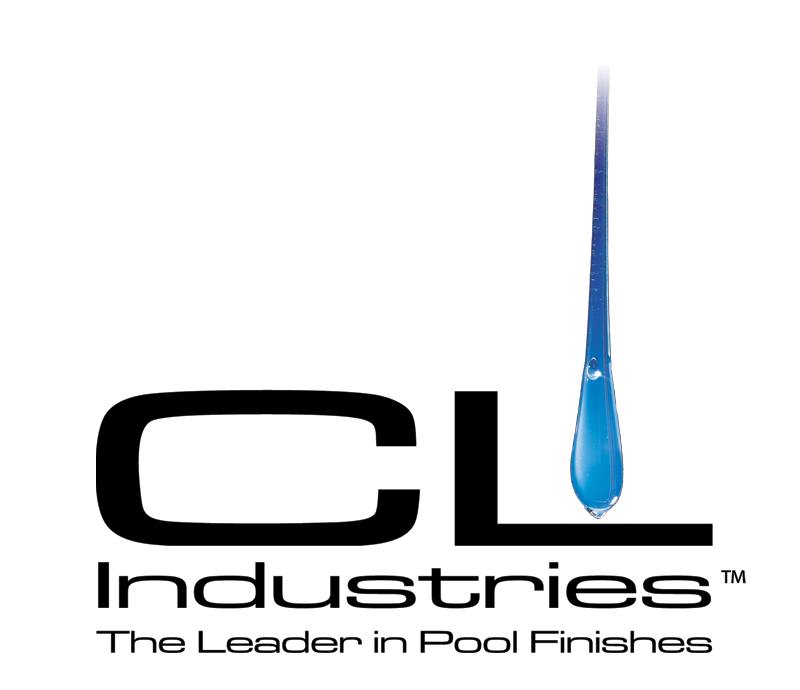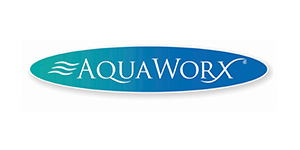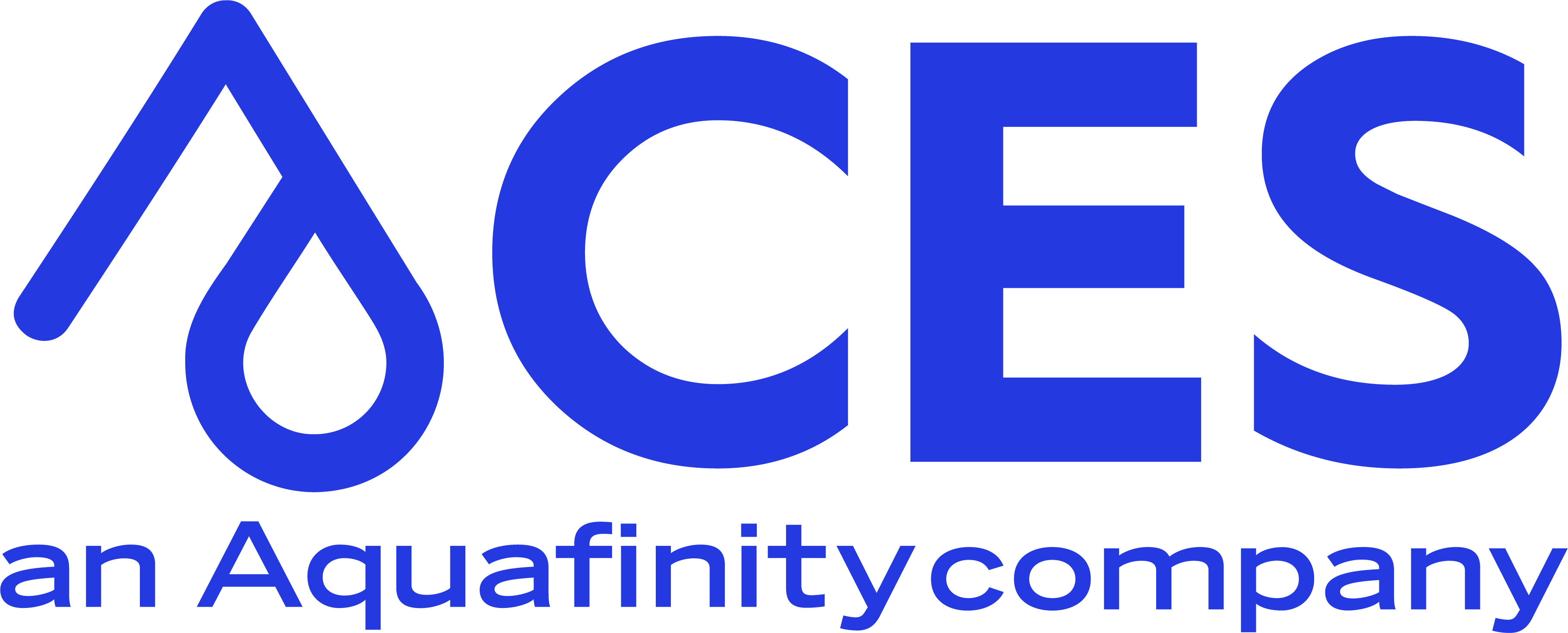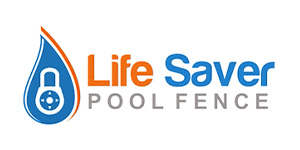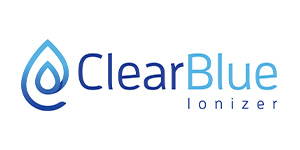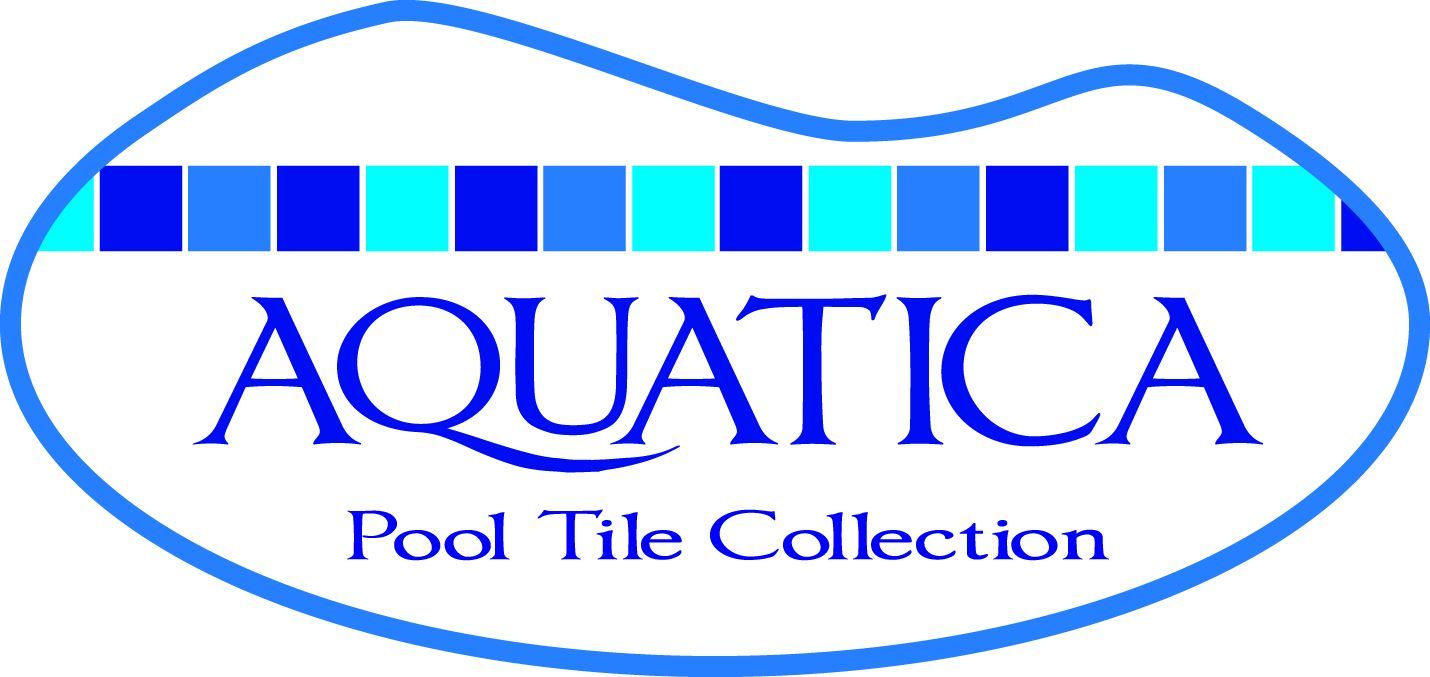LICENSING
Understanding the critical role of licensing for pool contractors, governed by the Construction Industry Licensing Board (CILB), is essential for compliance and professional credibility. With three primary contractor licenses—Commercial, Residential, or Service—and seven specialty areas, meeting all qualifications is crucial for obtaining and maintaining your license.
SWIMMING POOL & SPA LICENSING
In the State of Florida swimming pool and spa contractor licensing are regulated by the Construction Industry Licensing Board (CILB), a board operating under the Florida Department of Business and Professional Regulation (DBPR). There are four types of primary swimming pool contractor’s license for construction, repair or remodeling of swimming pools and spas. Each license has a distinct scope of work.
Commercial Swimming Pool/Spa Contractor:
Building, repair, and remodel/resurfacing of any public/commercial or private swimming pool or spa regardless of use. Installation, repair, and replacement of public/commercial and private swimming pool and spa equipment and piping.
Residential Swimming Pool/Spa Contractor:
Building, repair, and remodel/resurfacing of residential swimming pools and spas regardless of use. Repair and resurfacing of public/commercial swimming pools and spas. Does not include commercial pool/spa structural work. Repair and replacement of public/commercial and private swimming pool and spa equipment and piping.
Swimming Pool/Spa Servicing Contractor:
Repair, and replacement of public/commercial and residential swimming pool and spa equipment and piping. Repair and resurfacing of public/commercial and residential swimming pools and spas. Cannot build a new swimming pool or spa or a affect the structure of an existing swimming pool or spa.
Residential Pool / Spa Servicing Specialty Contractor:
Repair, and replacement of residential swimming pool and spa equipment and piping. Repair and resurfacing of residential swimming pools and spas. Cannot build a new swimming pool or spa or affect the structure of an existing swimming pool or spa.
Each swimming pool contractors license requires the applicant to have a minimum of four (4) years of experience performing the scope of work of the license that they are applying for; a minimum of one (1) of the four (4) years of experience must be as a supervisor or foreman. College credits or military experience can offset up to three (3) years of the experience requirements for these licenses. Applicants for the swimming pool and spa servicing contractor license can gain the equivalent of three years’ experience by completing FSPA’s Swimming Pool and Spa Service Certification Course
Experience obtained in the State of Florida must have been obtained as an employee of a business qualified by a contractor licensed to perform the scope of work of the license that they are applying for. Out-of-state and international experience counts towards the applicant’s experience as long as the work performed to gain the experience was performed legally under the laws of that jurisdiction. In addition to the experience requirement, license applicants are required to pass a building trades exam and financial responsibility exam.
To learn more about swimming pool contractor licensing or to view licensing applications please visit CILB website.
SWIMMING POOL CLEANING & MAINTENANCE
Residential Swimming Pool Cleaning and Maintenance
The cleaning and maintenance of residential swimming pools and spas does not require licensure from the State of Florida. However, many county jurisdictions throughout the state require registration of swimming pool and spa cleaning professionals in their jurisdiction. If you are considering starting a pool cleaning business, please check with the counties that you will be operating in to learn about their local license requirements.
NOTICE: Any repair to a swimming pool or spa and repair, installation, or replacement of swimming pool and spa equipment requires a swimming pool and spa contractor’s license.
Commercial/Public Pool and Spa Cleaning and Maintenance
The cleaning and maintenance of commercial swimming pools and spas requires each pool technician that is cleaning a commercial pool or spa to hold a Public Pool Service Technician Certification that is approved by the Florida Department of Health.
FSPA offers the Florida Public Pool Specialist Certification that meets this certification requirement.
NOTICE: Any repair to a swimming pool or spa and repair, installation, or replacement of swimming pool and spa equipment requires a swimming pool and spa contractor’s license.
If you have questions about swimming pool and spa contractor licensing in Florida you can reach out to FSPA Sr. Dir. Of Government Affairs at Dallas@FSPA.com.
LP & NATURAL GAS LICENSING
To install LP and natural gas appliances fuel lines a business must hold a Category V LP Gas Installer license issued by the Florida Department of Agriculture Consumer Services Division.
To hold a Category V LP Gas Installer license a business must employ an LP Gas Master Qualifier.
LP Gas Master Qualifier Requirements:
Three (3) years of verifiable LP/natural gas experience OR industry LP/natural gas certification from a manufacturer of LP/natural gas equipment.
Take and pass the LP Gas Master Qualifier exam.
FSPA partners with Hayward Water Products to offer our LP Gas Master Qualifier Certification Course to help you get on your way getting your LP Gas installer’s license.
To learn more about LP gas licenses and about LP gas exams and applications please visit the Florida Department of Agriculture Consumer Services Division.
If you have questions about LP gas licensing for swimming pool contractors in Florida you can reach out to FSPA Sr. Dir. Of Government Affairs at Dallas@FSPA.com.
REPORT UNLICENSED ACTIVITY
The state of Florida requires a license to build or repair pools; you can confirm licenses and read information on licensing at www.MyFloridaLicense.com.
A licensed person has the required education, experience, insurance and qualifications to obtain a license. They must pass a competency examination before practicing.
Licensed individuals are screened for prior criminal history.
The department can discipline and even revoke a license if the person does not live up to professional standards. This is a not a total safeguard, but is a strong incentive for the licensee to do good work.
You may be able to sue the licensee in civil court for problems related to the work done.
Non-licensed contractors may not be insured, leaving you liable for any injuries or damages. There may be little recourse if you have issues with non-licensed contractors since the state isn’t governing their actions.
See what a contractors’ license looks like and other certificates that are NOT licenses. An occupational license / business tax ID is not a contractors license. A CPO or CPT certificate is not a contractors’ license.
Non-licensed contractors performing work which requires a license can be reported to the Department of Business and Professional Regulation. Call the DBPR’s toll-free hotline 866-532-1440 or e-mail ULA@dbpr.state.fl.us (report is forwarded to local office / investigator). A list of regulation offices can be found at www.myfloridalicense.com/dbpr/reg/contact.html
BUILDING CODE & STANDARDS
The Florida Building Code (FBC) is the primary resource swimming pool spa building standards for the building of new residential and commercial and for the repair and remodel of existing residential and commercial swimming pools and spas.
The FBC is updated on a triennial basis. FSPA takes a leading role in the update of the FBC sections on both commercial and residential swimming pools.
Florida is currently using the Florida Building Code (8th Edition) 2023, which took effect on December 31, 2023.
If you have questions about the Florida Building Code or have a suggested modification for the 2026 Florida Building Code you can reach out to FSPA Sr. Dir. Of Government Affairs at Dallas@FSPA.com.
ANSI/PHTA Standards
In addition to building standards outlined in the Florida Building Code, the FBC references several private standards for swimming pools and spa design and construction.
ANSI/APSP (PHTA) – 3
ANSI/APSP (PHTA) – 4
ANSI/APSP (PHTA) – 5
ANSI/APSP (PHTA) – 6
ANSI/APSP (PHTA) – 7
ANSI/APSP (PHTA) – 16
RESIDENTIAL SWIMMING POOL SAFETY ACT
For over 20 years Florida’s Residential Swimming Pool Safety Act has been in place. This act requires that to pass final building inspection all newly built swimming pools and spas in the State of Florida must include one (1) of the following safety features:
- A barrier that isolates the pool from access from the home.
- An approved swimming pool safety cover.
- Door and window alarms for all doors and windows giving access to the swimming pool.
- Self-closing and self-latching mechanisms on all doors giving access to the swimming pool.
- An ASTM Standard F2208 pool alarm.
FLOOD ZONE REGULATIONS
Swimming pools and spas and associated equipment are not covered by the National Flood Insurance Program (NFPI) the Florida Building Code sets some requirements for that swimming pool and spa equipment installed below the base flood elevation in a special flood hazard zones.
The Florida Department of Emergency Management has also issued guidance to help building officials, contractors, and flood plain managers working in special flood hazard zones.
POOL & SPA ELECTRICAL
Under the Florida Statutes and rules established in the Florida Administrative Code the installation, replacement, and repair of the swimming pool electrical wiring is shared between swimming pool and spa contractors and electrical contractors.
A swimming pool and spa contractor is allowed to install, repair and replace swimming pool and spa equipment and wiring, including equipotential bonding, on the load side of the dedicated electrical disconnect. Generally, this will mean all wiring from a sub panel or electrical disconnect to all pool and spa equipment, lighting, and bonding.
Electrical contractors have the responsibility for the installation, repair and upgrade of that dedicated electrical sub-panel and connecting that sub panel or electrical disconnect into the main electrical panel for the property.
PUBLIC SWIMMING POOL & SPA REGULATIONS
The construction, repair, remodel, and operation of commercial swimming pools and spas is highly regulated in the State of Florida. The Florida Statutes define a public swimming pool is any swimming pool five (5) or more cooperative / joint living our housing units and pools that are open to the public or for a commercial purpose.
Public swimming pools and spa must be built and repaired pursuant to the provisions of the Florida Building Code Section 454.1.
[Link to FSPA page on Florida Building Code]
The operation of public pools and spas is regulated by the Florida Department of Health. Operational requirements for public pools and spas are regulated under F.A.C. 64E-9. Learn More
Useful Florida Department of Health Links:
Link to DOH Commercial Pool & Spa Page
Link to Renew Public Pool Operating Permit Online
Link to Notification of Public Pool Resurfacing Form


